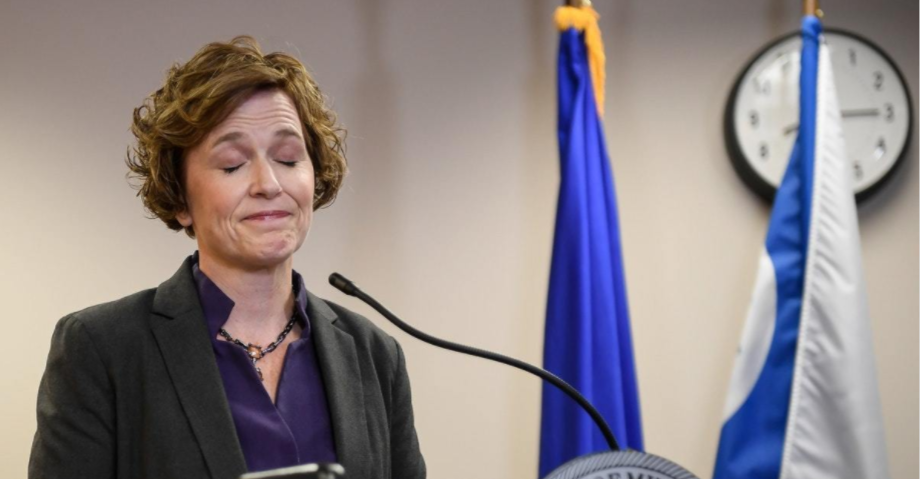Police Chief Forced Out in Wake of Murder
22 Jul, 2017
Minneapolis Police Chief Janeé Harteau resigned abruptly Friday amid growing criticism from the public and the City Council following the fatal police shooting of Justine Damond.
The chief’s departure came at the request of Mayor Betsy Hodges, who promptly nominated Assistant Chief Medaria Arradondo, a 28-year veteran of the force, to replace Harteau. The move ended Harteau’s 4½-year run as the first woman and first openly gay person to head the department.
The death of Damond, a native Australian who had moved to Minneapolis to be with her fiancé, thrust Minneapolis into the international spotlight. It also has generated public skepticism about the department and its training, including from city officials who have questioned why the officers involved didn’t turn on their body cameras.
Hodges, who was frequently at odds with Harteau, issued a statement immediately after the resignation, saying she has “lost confidence in the Chief’s ability to lead us further.”
“And from the many conversations I’ve had with people around our city, especially this week, it is clear that she has lost the confidence of the people of Minneapolis as well,” Hodges said. “For us to continue to transform policing — and community trust in policing — we need new leadership at MPD,” she continued. “…I asked Chief Harteau for her resignation, she tendered it, and I have accepted it.”
Hodges was forced to delay an 8 p.m. news conference at City Hall when protesters disrupted the event. The protesters came from the ranks of a larger crowd of about 200 people who had rallied at Loring Park at 6 p.m., then marched downtown, blocking streets and delaying traffic. After the protesters shouted the mayor down, demanding her resignation, they left and she was able to resume speaking to journalists. She said she has no intention of resigning.
Hodges praised Arradondo, who served as the department’s face over the past week while Harteau was out of the state taking time off. “The experience of working closely with him over the past week, which has been so hard on everyone in Minneapolis, has solidified my confidence,” the mayor said.
For her part, Harteau said in a statement that Damond’s death has caused her to “engage in deep reflection.”
“The recent incidents do not reflect the training and procedures we developed as a department,” she said. “Despite the MPD’s many accomplishments under my leadership over these years and my love for the City, I have to put the communities we serve first.”
Harteau joined the department in 1987, working patrol for the first nine years of her career, doing some undercover narcotics work and serving as a part-time negotiator. She made sergeant in 1998 and lieutenant in 2004, before being named a deputy chief. In 2012, then-Mayor R.T. Rybak picked her for the top job when Chief Tim Dolan retired, and she won the approval of the City Council. At the time, Rybak called her “a smart cop, a savvy administrator and a natural leader” and said she would make an exceptional chief.
But Harteau has publicly fought with city and state officials many times since then. In October 2013, she pushed back against a body camera proposal supported by Hodges and other council members, a month before Hodges was elected mayor.
Gov. Mark Dayton criticized Harteau in 2013 for publicly announcing, before notifying his office, plans to use the state Bureau of Criminal Apprehension to conduct investigations of police officers who seriously hurt or kill people while on duty. More recently, in April, Hodges vetoed Harteau’s choice for the department’s new Fourth Precinct inspector, and their argumentative text exchange about it ended up becoming public.
Harteau was also chief during several contentious events, including the police shooting of Jamar Clark, an unarmed black man, in north Minneapolis in 2015.
In a news conference 24 hours before resigning, Harteau tried to distance the department from the Damond shooting, calling it “one individual’s actions” and not representative of the force. She said the officers should have been recording with body cameras and that Damond “didn’t have to die.” But she was criticized for being out of the state and not returning until four days after the shooting. Harteau said Thursday she was backpacking out West and getting regular updates on the case.
At midday Friday, Hodges told a City Council member that she had the votes on the executive committee to fire Harteau, and planned to do so if Harteau didn’t resign, according to two sources with direct knowledge of the conversation.
At a council meeting earlier in the day, Council Member Linea Palmisano, who represents the ward where Damond lived, called for a change in leadership to address a systemic problem with police. Several council members said during the meeting and in subsequent interviews that they would like to oust Harteau or amend the city charter to give the council oversight of the department.
Reached after the resignation, Palmisano thanked Harteau for her years of service but said she looks forward to new leadership. “I called for a leadership change,” she said. “And I thank Mayor Hodges for responding. I thank my colleagues for their support in doing that.”
Palmisano isn’t alone in seeing Harteau’s resignation as a victory.
Lt. Bob Kroll, head of the Minneapolis Police Federation, described Harteau as vengeful and not understanding of the needs of the department.
“We had high hopes for her when she took over the position and she failed us,” said Kroll, adding that he believes Hodges only pushed out Harteau for her own political gain in a difficult election year.
Star Tribune
Image ADLavinsky twitter
Mentioned In This Post:
About the author
Related Posts
-
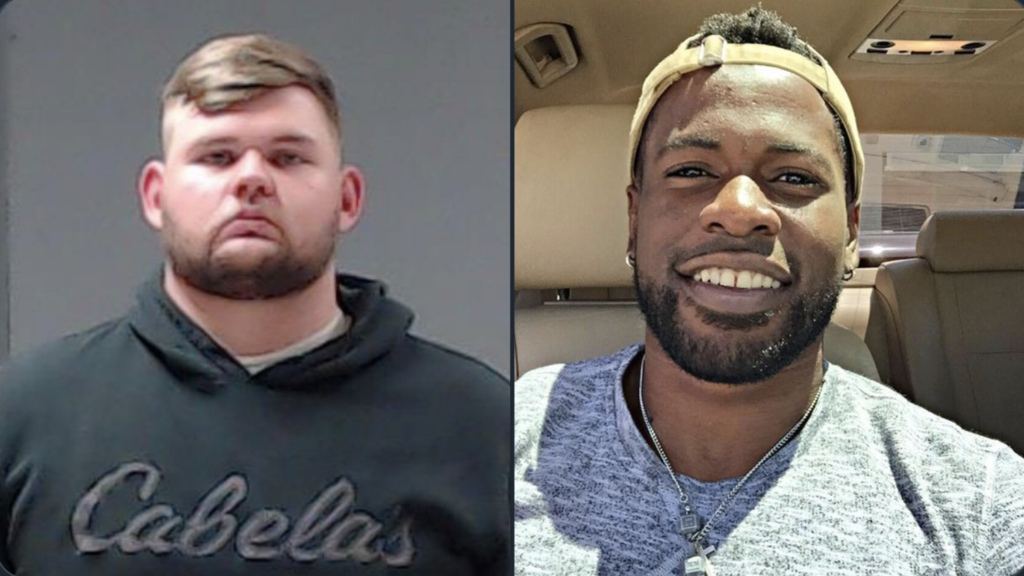
Another Day, Another Unarmed Man Killed By Police
-

Rest In Peace RBG
-
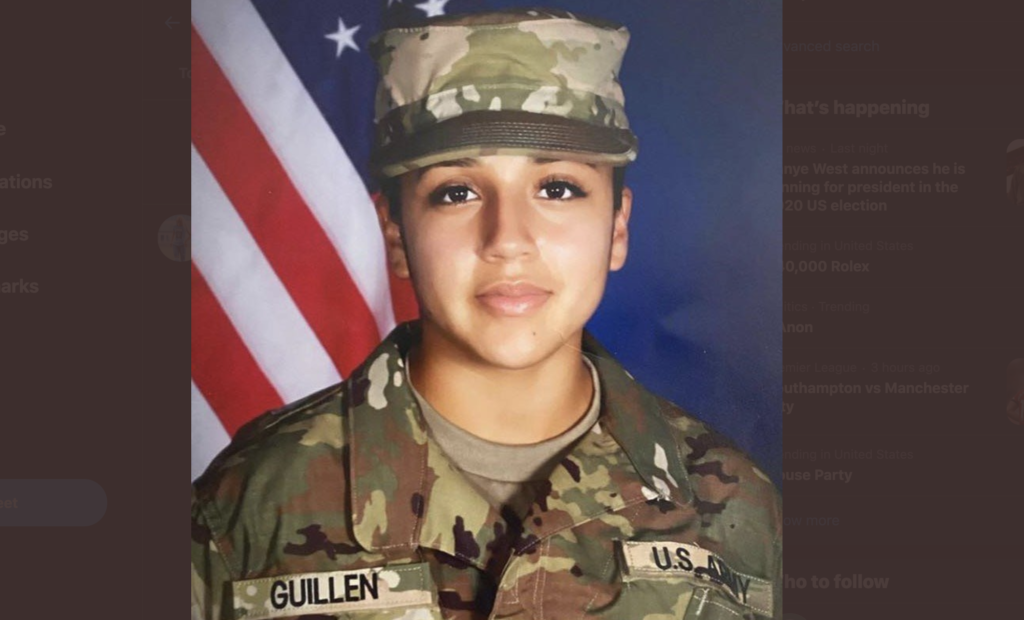
Sorry Vanessa, America Failed You!
-
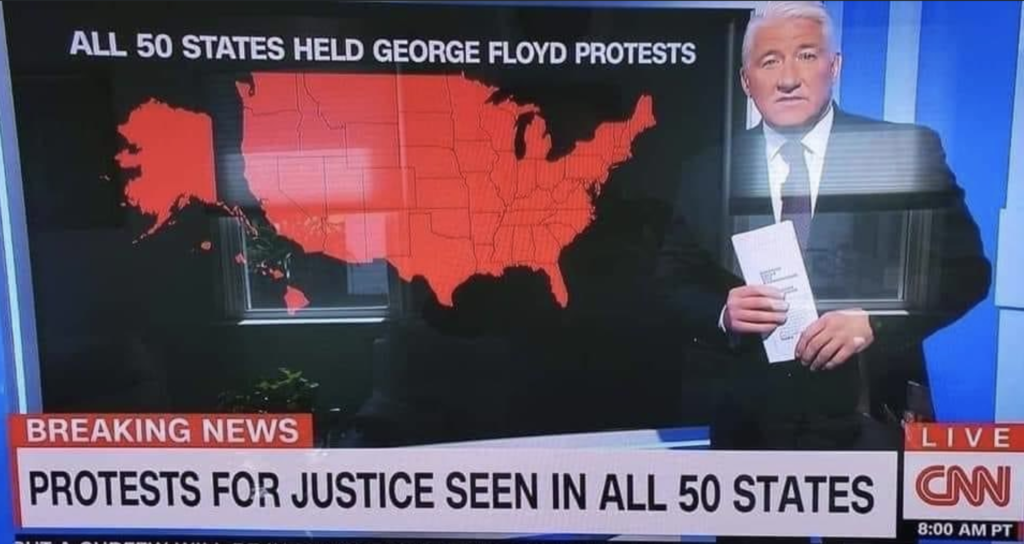
WE WILL NOT STOP UNTIL WE GET JUSTICE
-
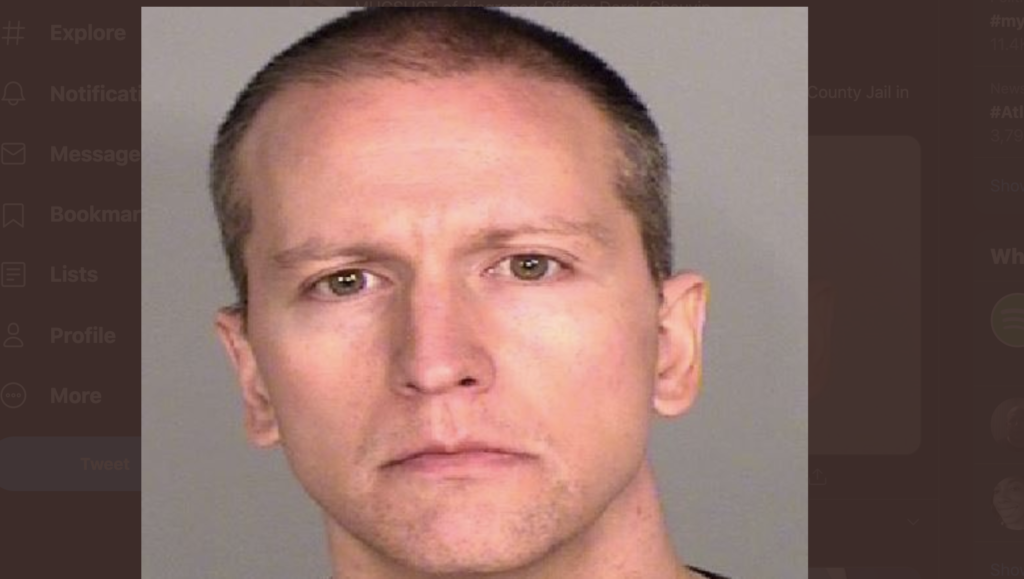
Cowardly Cop is Arrested For Murder
-
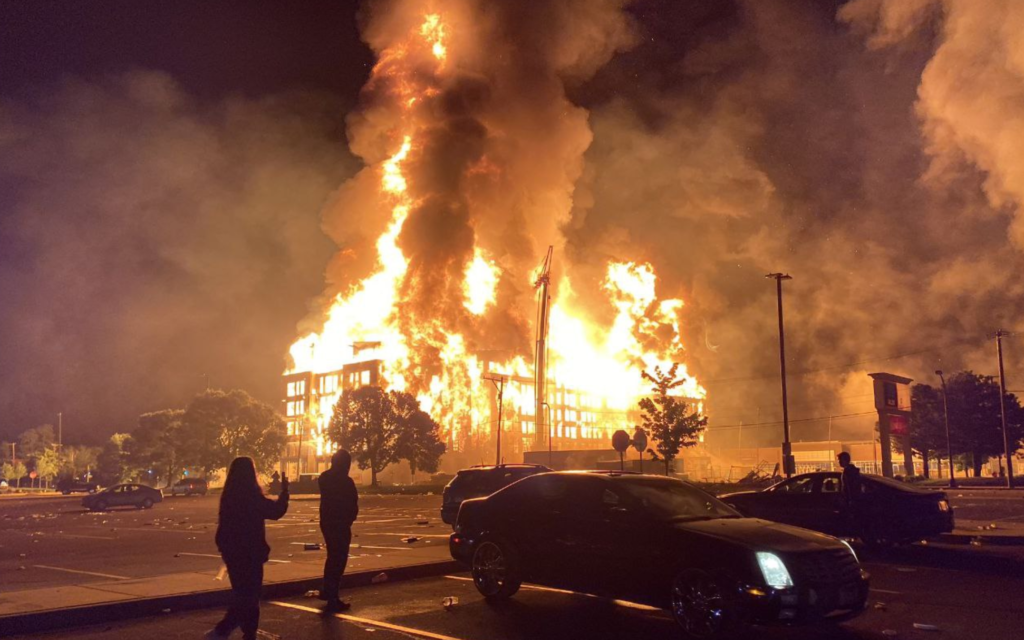
Minneapolis Is Burning
-
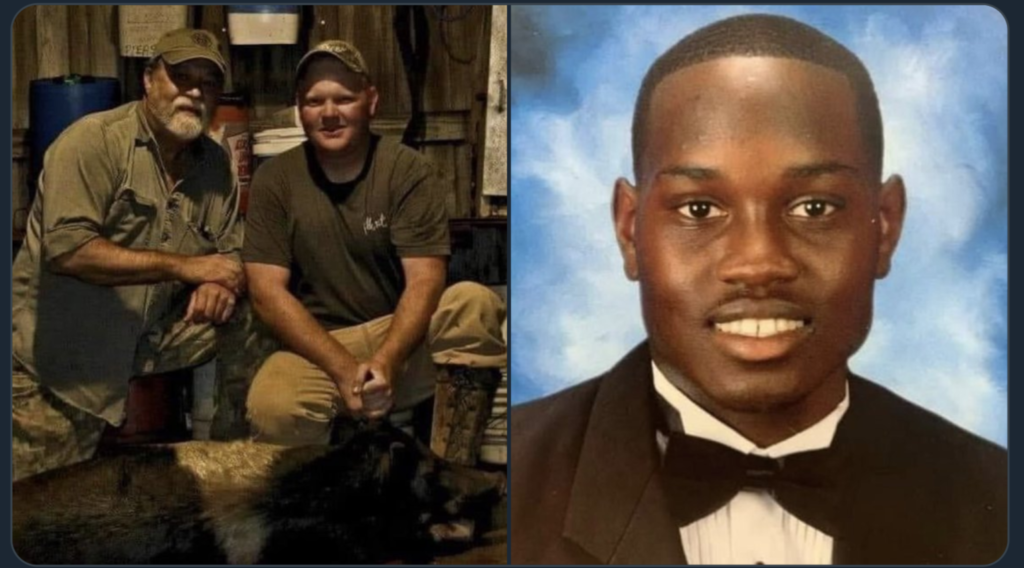
A Lynching in 2020
-
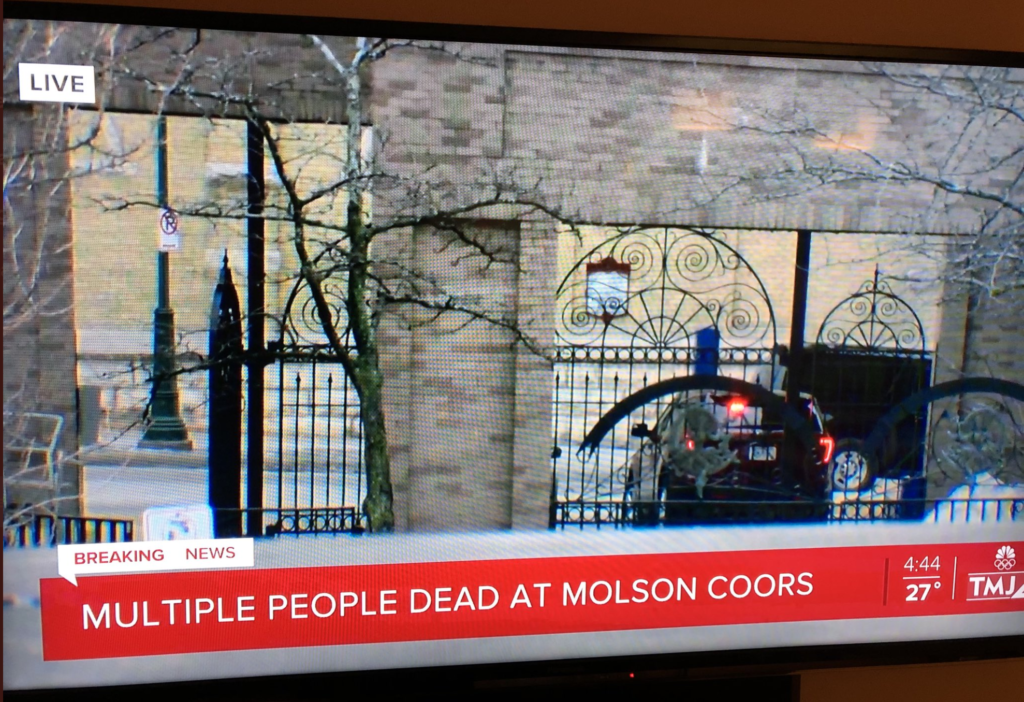
Coward With A Gun Kills 5 at Work
-
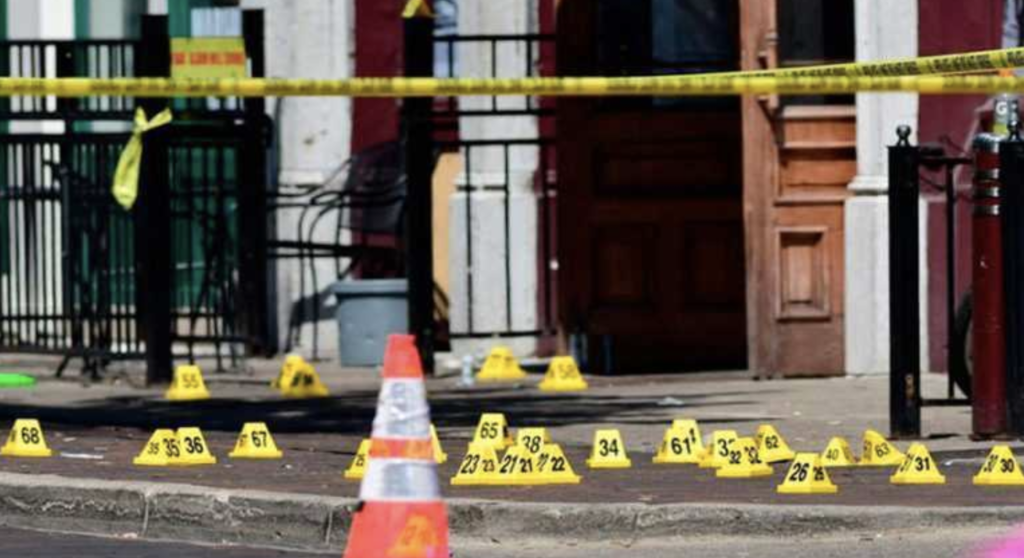
WTF CHICAGO???
-
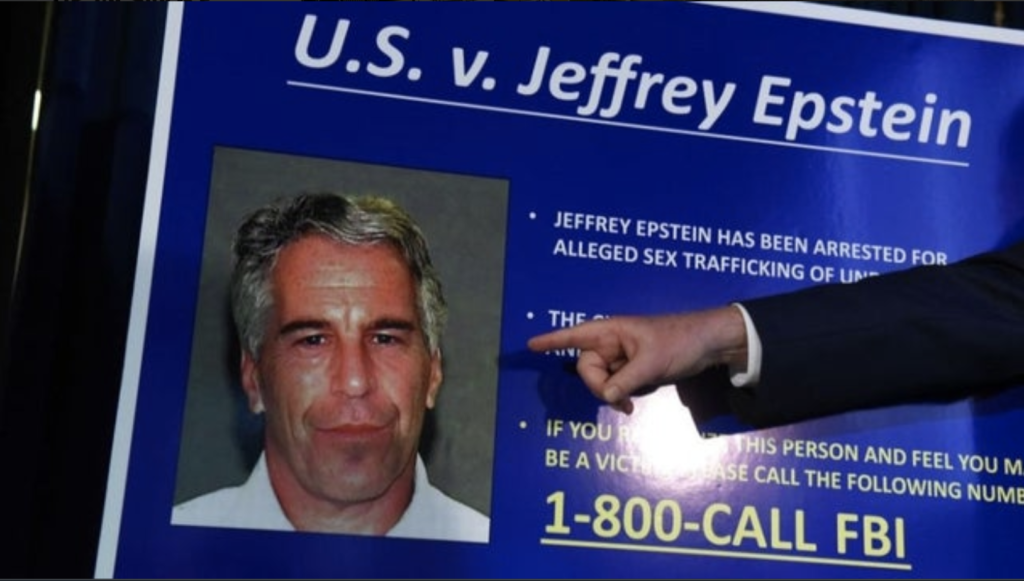
Prison Guards Arrested In Epstein Death

